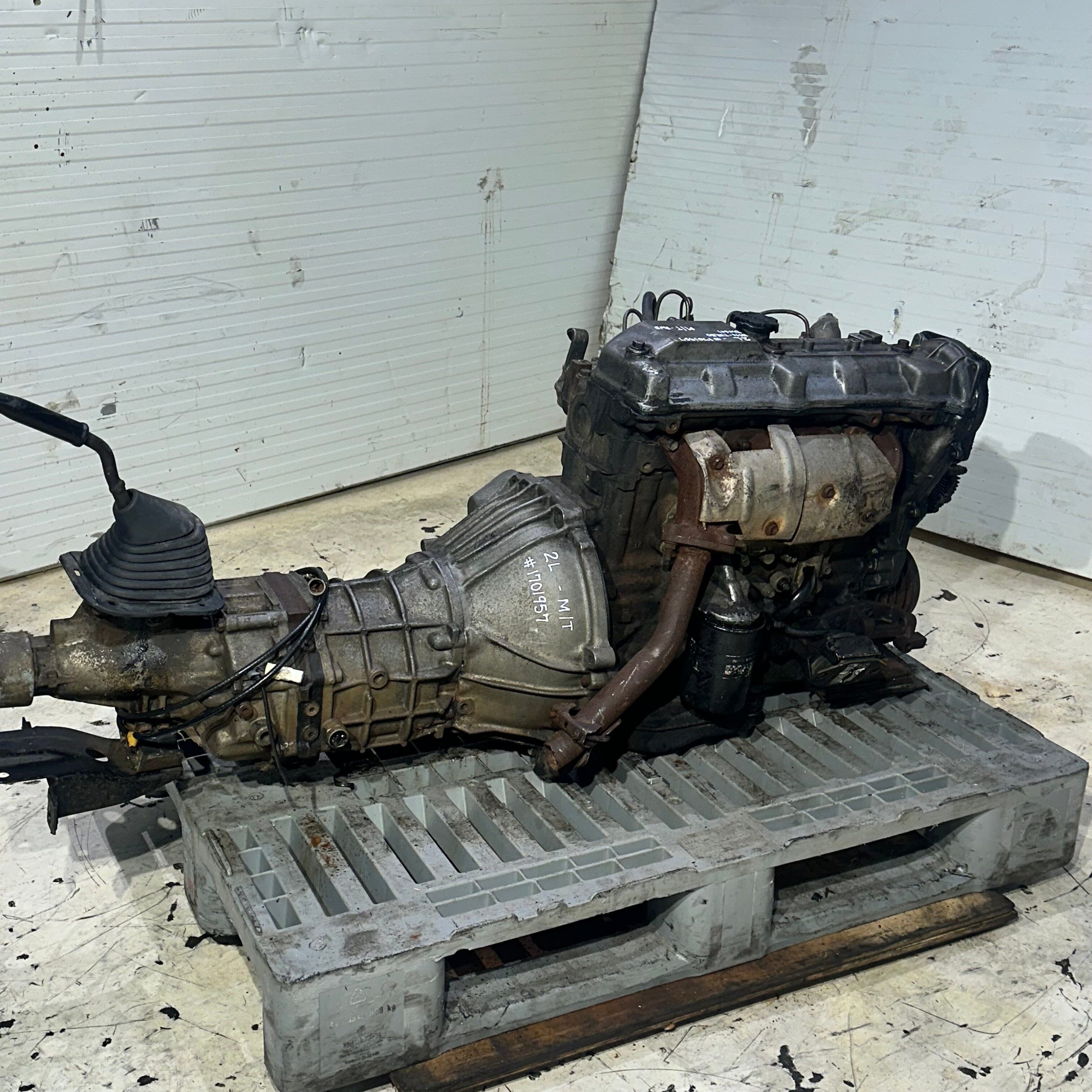What You Need To Know Before Buying a Toyota RunX RSI
Explore Quality and Worth: Your Guide to Acquiring a Used Engine
When taking into consideration the purchase of a used engine, comprehending the detailed equilibrium between high quality and worth is extremely important. A detailed evaluation of engine condition, reliability, and background is essential to make sure a sound investment.
Recognizing Engine Kind
When thinking about the acquisition of a second-hand engine, comprehension of the numerous engine kinds is important for making an educated choice. Engines can usually be classified into 2 primary types: inner combustion engines and electrical engines.
On the various other hand, electrical engines utilize power stored in batteries to power the car, offering a cleaner alternative with fewer relocating components and decreased upkeep needs. Within these categories, there are further differences, such as two-stroke versus four-stroke interior combustion engines, and different electric motor configurations.
Understanding these differences is essential, as they affect performance, compatibility with existing automobile systems, and lasting operational prices. By familiarizing oneself with the different sorts of engines readily available, prospective customers can better assess their requirements and choose that align with their lorry's demands and their individual choices.

Reviewing Engine Condition
A thorough evaluation of engine problem is paramount for any individual considering the purchase of a used engine. Begin with a visual assessment; look for indications of oil leaks, rust, or any kind of physical damages to the engine block. A tidy engine is commonly indicative of great maintenance practices, while excessive gunk might recommend forget.
Next, examine the engine's components, consisting of the timing belt, gaskets, and seals. Seek deterioration, as these components can be pricey to replace. Furthermore, examine the engine mounts, as harmed places may cause vibrations and further mechanical problems.
A compression test is essential to assess internal engine health. Consistent compression across all cylinders indicates a well-maintained engine, whereas significant disparities may indicate internal damage or wear.
Listening to the engine during a startup can provide useful understandings; any type of uncommon noises, such as knocking or rattling, might suggest deeper concerns. Lastly, if possible, request a trial run to evaluate efficiency under load. By diligently evaluating these elements, potential buyers can make enlightened decisions and safeguard a top quality pre-owned engine.
Monitoring Engine History
Recognizing the engine's background is crucial for making a knowledgeable acquisition. Understanding of previous use, upkeep documents, and any type of past problems can considerably affect the engine's reliability and durability. Begin by requesting the automobile recognition number (VIN) or engine serial number, which permits you to trace the engine's history.
Use offered resources, such as Carfax or AutoCheck, to obtain an automobile history report. This record will certainly give essential understandings, consisting of accident background, service records, and previous possession details. Toyota RunX RSI. Pay specific attention to any type of indicators of serious damage or duplicated fixings, which might suggest underlying concerns
Ask about upkeep routines done on the engine. Normal oil modifications, timing belt replacements, and other safety nets show liable possession. Additionally, ask if the engine has actually undergone any adjustments, as non-standard changes can impact efficiency and compatibility with your lorry.
Lastly, ideally, seek confirmation from a trusted mechanic that can assess the engine's condition based upon its history (Toyota RunX RSI). This extensive examination will help you make certain and avoid possible risks that your investment is sound and worthwhile
Warranty and Return Plans
Acquiring a pre-owned engine typically includes differing warranty and return plans that can dramatically impact your choice. When considering an utilized engine, it is necessary to thoroughly review the guarantee options offered by the vendor. Some suppliers may supply restricted service warranties that cover details elements for a specified duration, while review others could give even more thorough protection. Comprehending the conditions affixed to these guarantees is important, as they can influence the long-lasting value click resources and dependability of your purchase.

In addition, credible vendors usually supply documents that lays out the warranty and return process, making certain transparency. Constantly ask for this information prior to finalizing your purchase. A well-defined warranty and return plan can provide comfort and shield your financial investment, making it an indispensable part of the decision-making process when buying a second-hand engine.
Finding the Finest Bargains
When looking for the very best deals on a used engine, it is critical to perform thorough study and compare costs from various vendors. Begin by checking out on-line markets, auto forums, and neighborhood salvage lawns to gather an extensive understanding of the marketplace. Making use of price comparison tools can streamline this procedure, highlighting competitive prices throughout various platforms.

Consider timing your acquisition tactically. Seasonal changes in need can influence prices, with specific times of the year providing much better offers. In addition, be open to working out prices; many vendors might agree to lower their asking cost, particularly if the engine has actually been provided for an extended period.
Verdict
In recap, buying a second-hand engine demands a thorough assessment of top quality and worth. Assessing engine problem through tests and examinations, verifying its background, and recognizing guarantee and return plans are critical actions.
When considering the acquisition of a second-hand engine, understanding of the various engine types is vital for making an educated decision. Engines can normally be categorized into 2 primary kinds: internal burning engines and electric engines. Gasoline engines are typically lighter and rev greater, making them suitable for efficiency automobiles, while diesel engines are renowned for their torque and gas performance, frequently favored in heavy-duty applications.
A complete assessment of engine condition is extremely important for any individual thinking about the acquisition of a second-hand engine. Begin by requesting the automobile recognition number (VIN) or engine serial number, which allows you to map the engine's history.